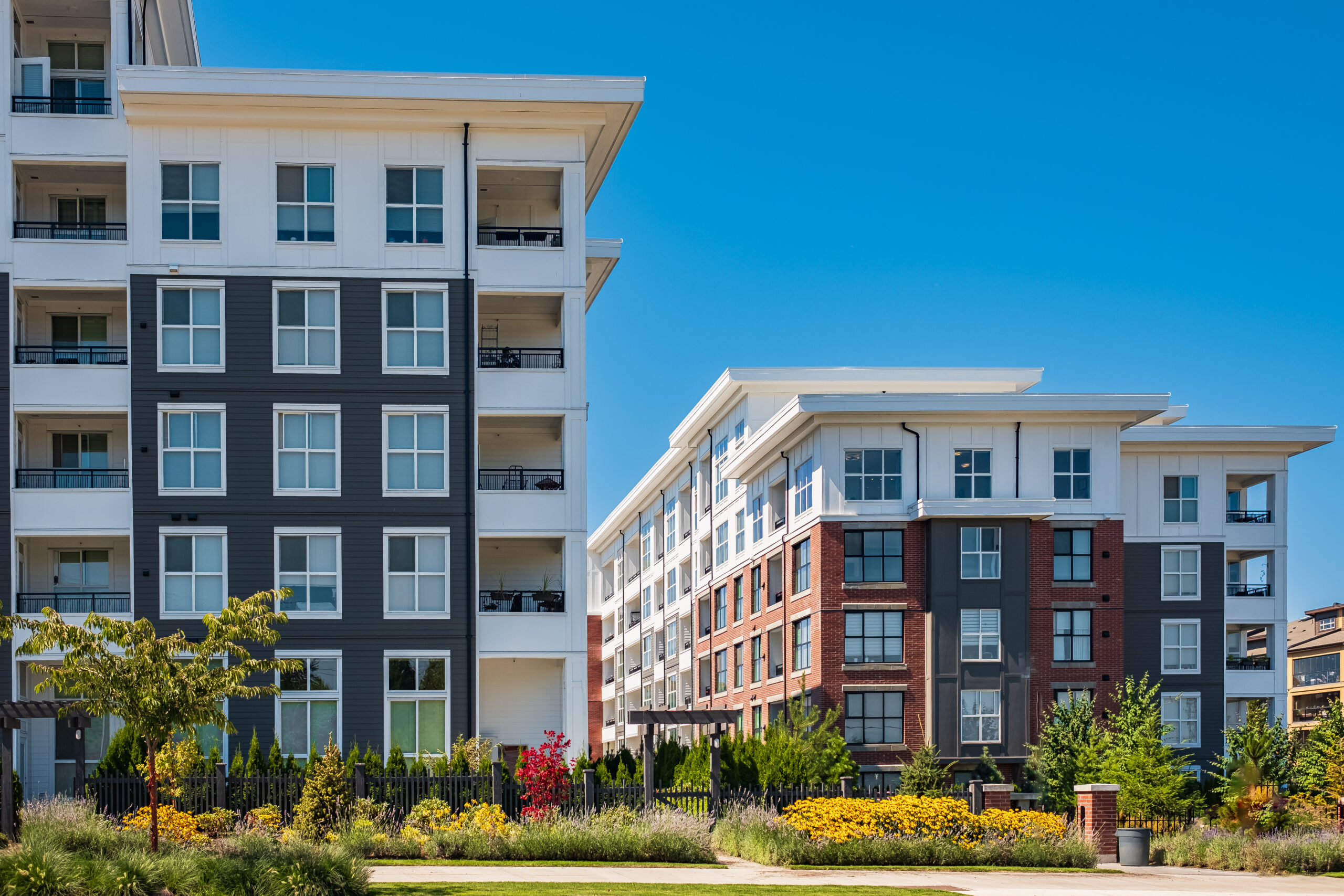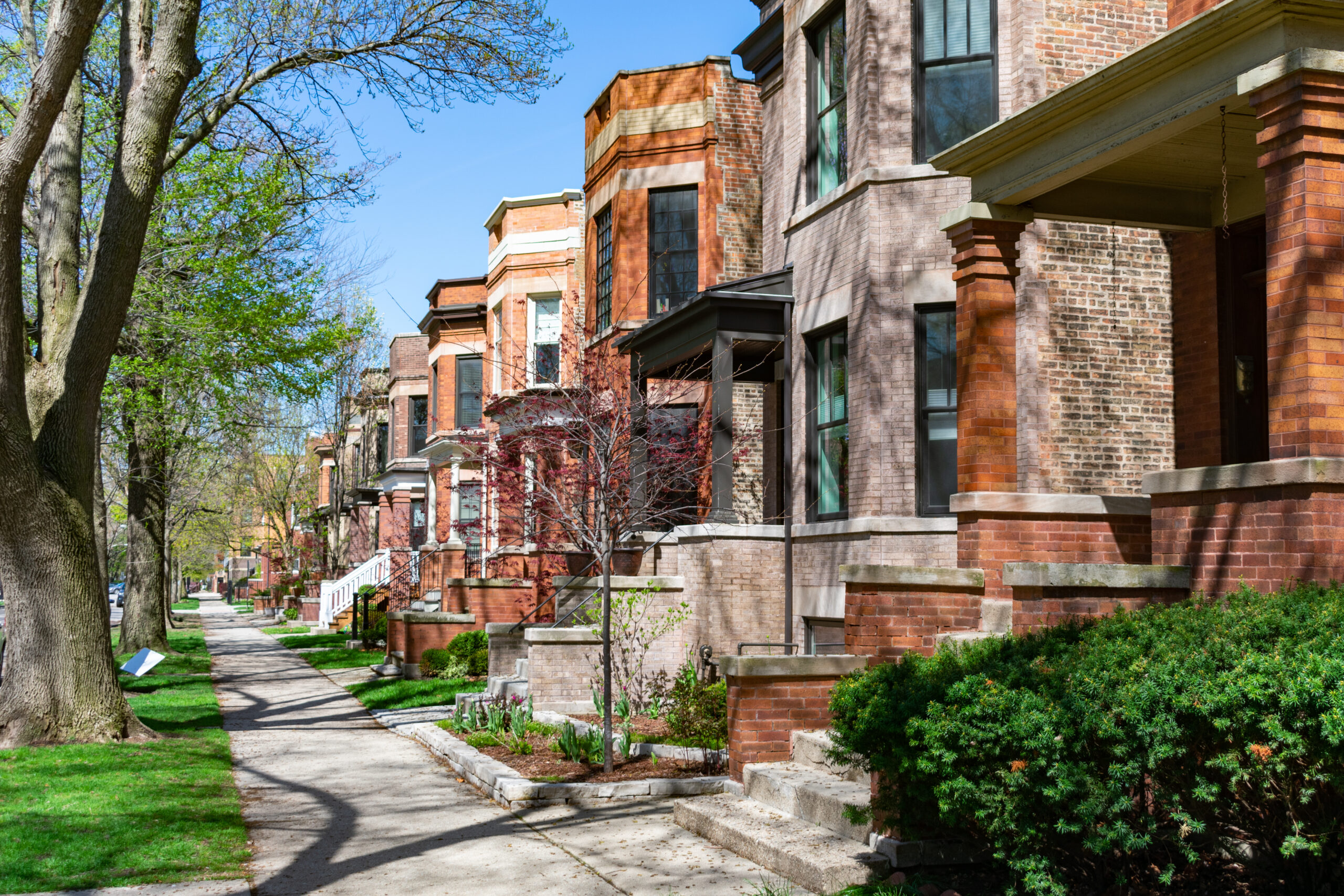Overview
In many communities, people experiencing homelessness are waiting on the street or in shelter to access deeply affordable and stable housing. Jurisdictions do not have sufficient housing resources to address growing waitlists and the time it takes to access existing housing stock can be significantly delayed as housing seekers collect documents and complete applications, often with little support. When permanent housing processes are slow and ineffective, emergency response capacity can become strained, housing seekers must wait longer for a unit, and providers are left with unwanted vacancies.
To solve homelessness, jurisdictions must address these challenges so the people who need affordable housing can access units quickly and new housing stock can be created to meet growing demand.
The GPL’s rehousing-focused projects are designed to build systems where people experiencing homelessness are placed in housing as quickly and equitably as possible.
The GPL supports jurisdictions by:
- Testing pilot programs to optimize expansive resources like Permanent Supportive Housing by making sure referral systems match people to the housing resources that fit their needs and get them moved in quickly.
- Diagnosing and identifying barriers in rehousing processes that slow processes down and keep units vacant.
- Setting up data systems to manage subsidized housing inventory, which allows jurisdictions to identify and respond to vacancies or bottlenecks in real time.
- Digging into population-specific challenges for those who face the greatest barriers to housing stability, such as formerly incarcerated people.
- Convening stakeholders, including Continuums of Care, local governments, and housing providers to identify and spread best practices for managing housing systems.






